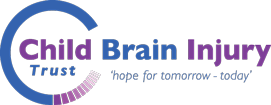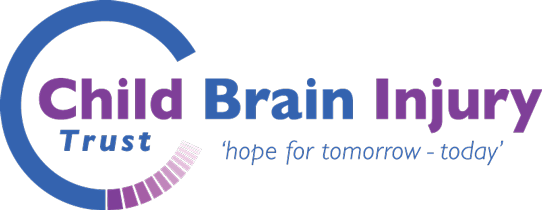Beth Reay, brain injury specialist at JMW Solicitors explains how funds for a brain injury compensation claim are spent. The below infographic is based on a Cerebral Palsy case which can be similar to other acquired brain injury cases.
The significant needs of children with brain injuries mean that when compensation is awarded following a successful medical negligence or personal injury case the sums will be high, usually running into millions of pounds.
However in spite of families’ often dire need for help when struggling to meet their child’s wide-ranging needs, there is sometimes the view that compensation awards represent a kind of ‘lottery win’. In reality nothing could be further from the truth.
A part of the problem is that people with no experience of how brain injury compensation settlements are calculated can take the headline figures at face value. They may not understand the complexity of these claims and that every single penny and pound has been allocated to a specific need of that child.
They also may fail to realise just how expensive providing for a child with disabilities can be. In the medical negligence department at JMW Solicitors we have settled numerous cases where the child has been left with severe cerebral palsy due to mistakes made with their care either during their birth or in the first few weeks of their life.
These children frequently need assistance from a team of specialist carers 24-hours a day just to ensure that they have the most basic quality of life and that their pain is managed. A standard care cost is £100,000 per year and they will need this for the rest of their lives.
Another expensive purchase for families is the specialist accommodation the child needs. Children who are disabled and wheelchair reliant need a house that will enable them to move around safely and make it possible for their parents and carers to look after them.
Depending on individual needs, the typical cost of a property for a child with cerebral palsy or other severe brain injury runs into hundreds of thousands or pounds. For some children regular use of a hydrotherapy pool or other specialist therapies is recommended by medical experts so that they can have the best possible quality of life despite their severe disabilities. Provision of these may need to be factored into accommodation costs.
Another of the many costs associated with caring for a disabled child is ensuring they have financial security. Their employment hopes will often be significantly hampered and many of the children the team at JMW has helped will never be able to work at all. Naturally parents are very concerned about what will happen when they are no longer here and ensuring the child has funds available to support themselves is crucial.
To tackle the misconceptions about compensation sums awarded to children with brain injuries the team at JMW commissioned the infographic below, which shows exactly where the money goes. This is based on a £5 million settlement secured by JMW for a child with severe cerebral palsy due to mistakes made after his birth.
The infographic shows that far from being a ‘windfall’ the money can only be used for the items that are needed to provide for a disabled child.


